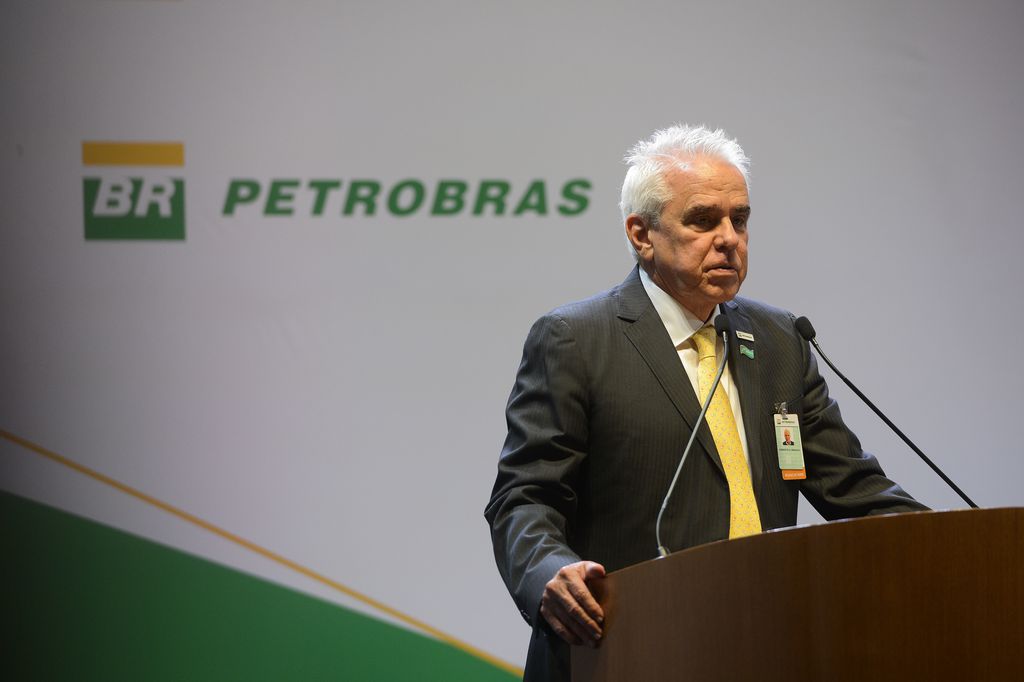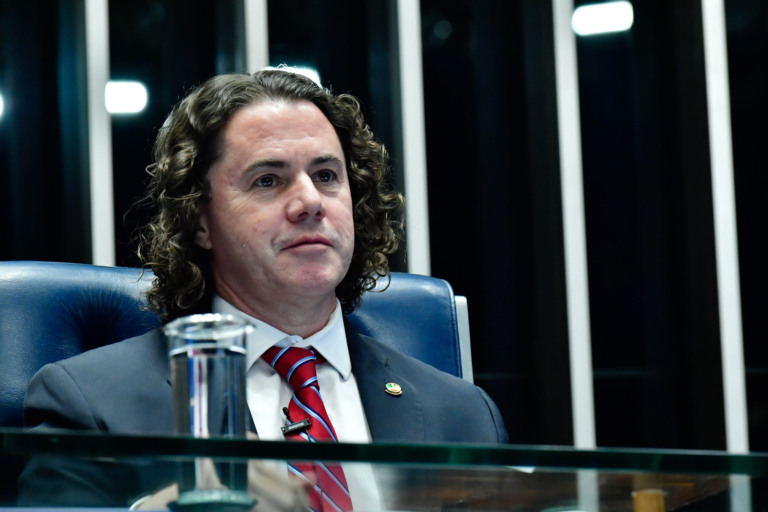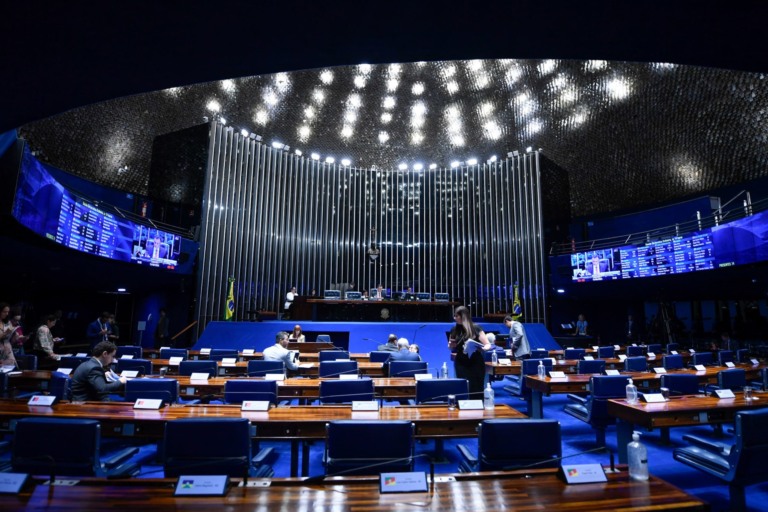We’re developing a news service to our international audience, in English. Sign-up here to receive further updates and evaluate for free, when it’s ready (no credit card required)
Brazilian Administrative Council of Economic Defense (Cade) has approved Petrobras’ proposal to sell eight refinaries and ended an investigation on possible abuse of market power from the oil company. The agreement was signed on Tuesday 11th, shortly after the trial.
The agreement was approved by Cade with two contrary votes by the advisers João Paulo de Resende and Paula Azevedo.
According to the approved proposal, the project’s planning would take place this year, with the structuring of the bids. Asset sales will be completed by the second half of 2021.
One of the requirements for the sale is that the assets can not be acquired jointly by the same buyer or group, preventing a single company from buying more than one refinery.
According to Cade’s superintendent, Alexandre Cordeio, the requirement should ensure greater competitiveness in the sale of companies. Buyers must also be independent from Petrobras system and its subsidiaries.
The units that must be sold are Abreu e Lima (Rnest); Landulpho Alves (Rlam); Gabriel Passos (Regap); Presidente Getúlio Vargas (Repar); Alberto Pasqualini (Refap); Isaac Sabbá (Reman); Lubrificantes e Derivados de Petróleo do Nordeste (Lubnor); and Unidade de Industrialização do Xisto (SIX).
At the end of this process, Petrobras must maintain refineries only in Rio de Janeiro, São Paulo and Rio Grande do Norte.
An historical day for the brazilian economy, says Castello Branco
Petrobras president Roberto Castello Branco said the signing of the agreement is a “historic event for the Brazilian economy.” He said that the concentration of 90% of the refining market’s capacity in Petrobras’ hands is unusual in comparison to the rest of the world and he believes that changing this sector will contribute to the resumption of the brazilian economy.
“I hope that after this initiative we see the attraction of new investments and the increase of productivity,” he said.









![Concorrentes recorrem, no Cade, contra venda da Reman [na foto] para a Atem Concorrentes recorrem, no Cade, contra venda da Reman [na foto] para a Atem](https://eixos.com.br/wp-content/uploads/2022/06/Refinaria-Isaac-Sabba-Reman_Juarez-Cavalcanti-Agencia-Petrobras-361x240.webp)